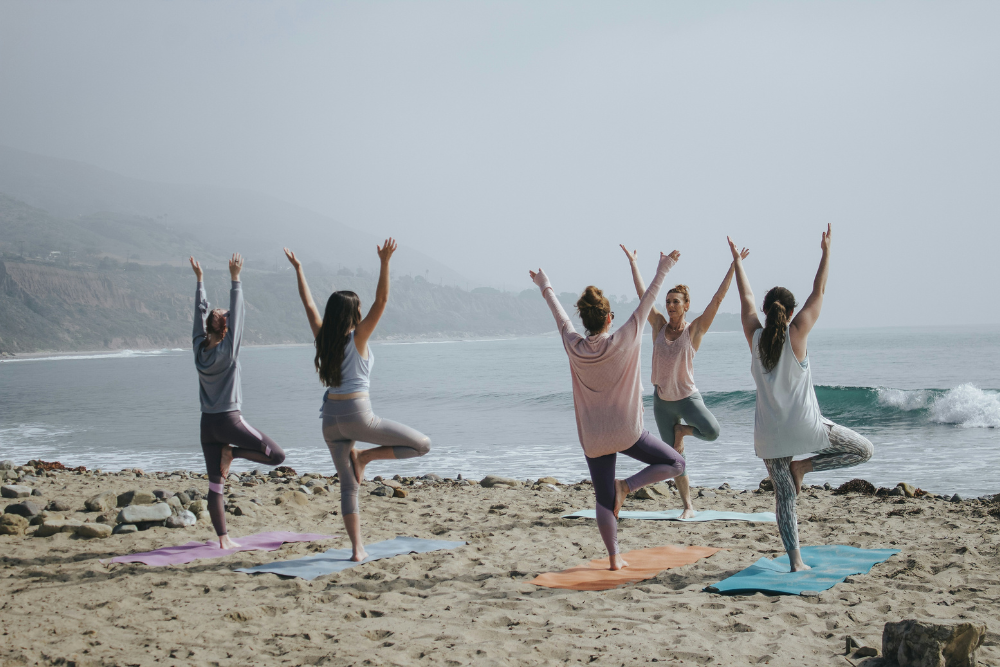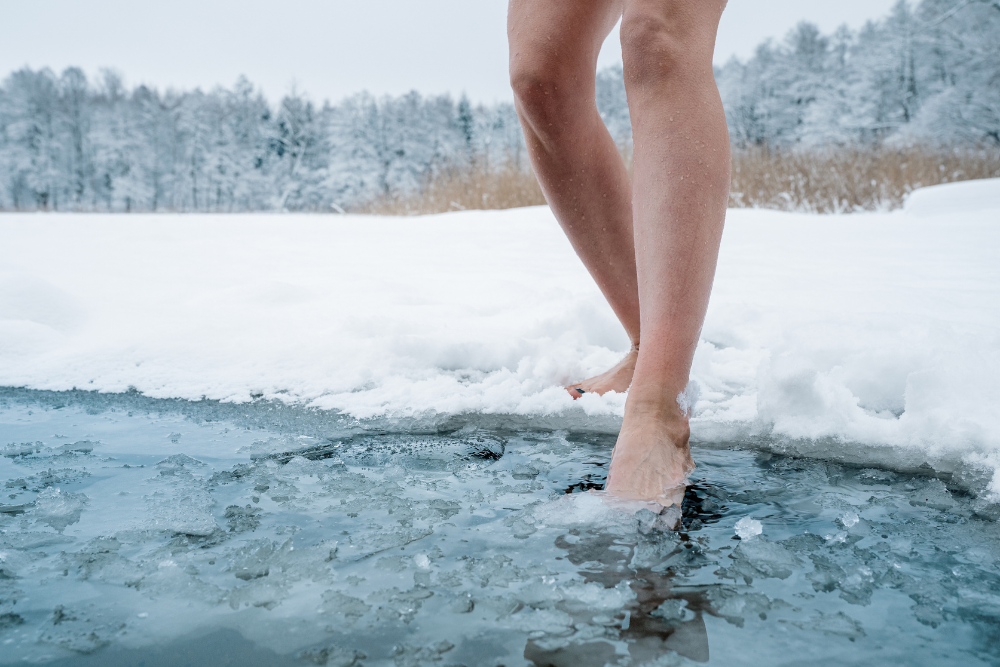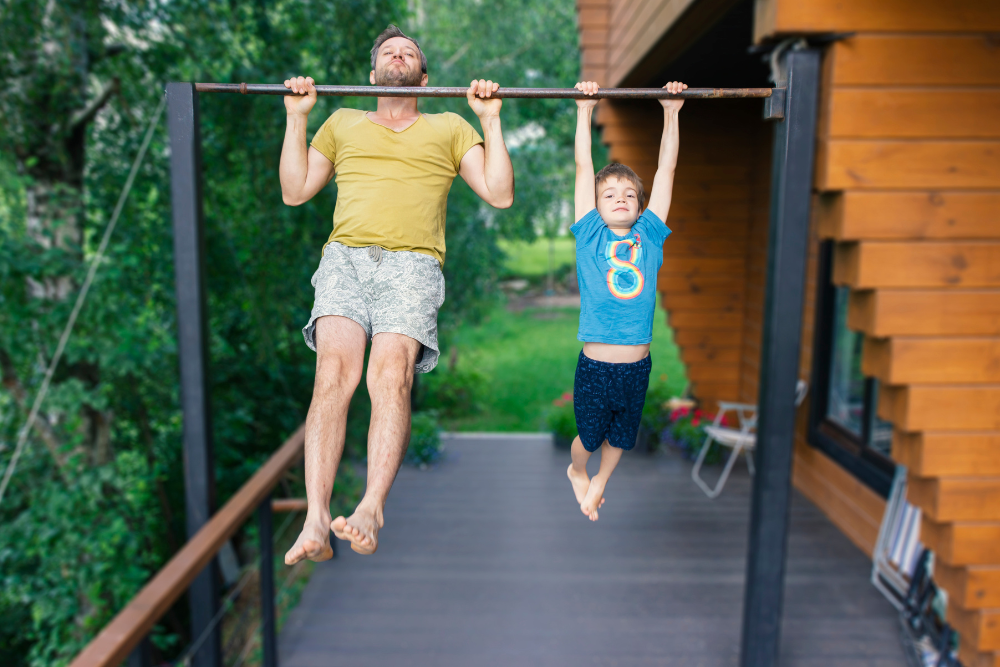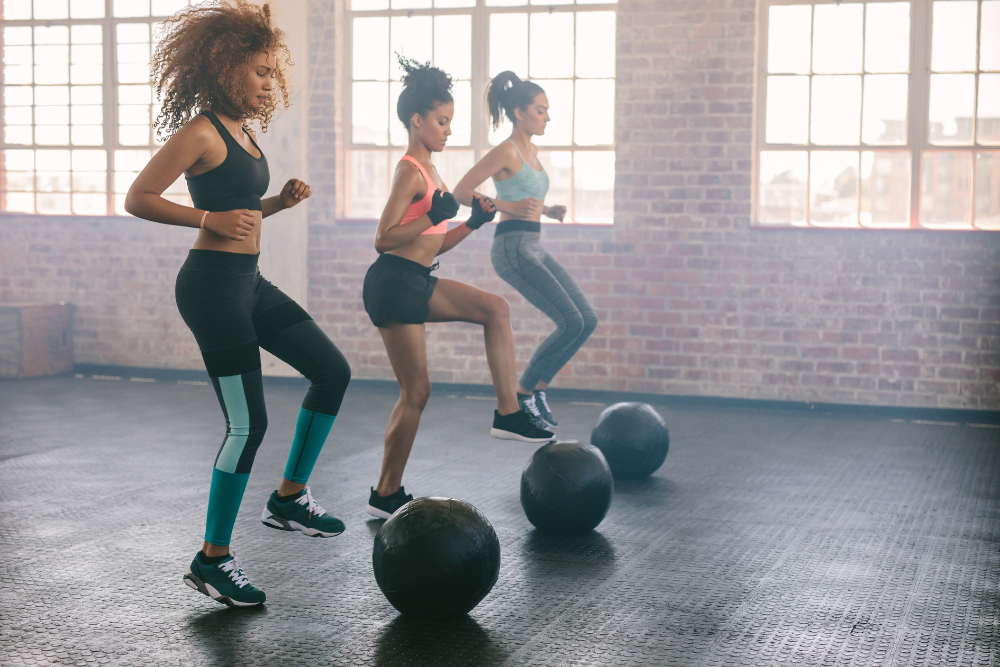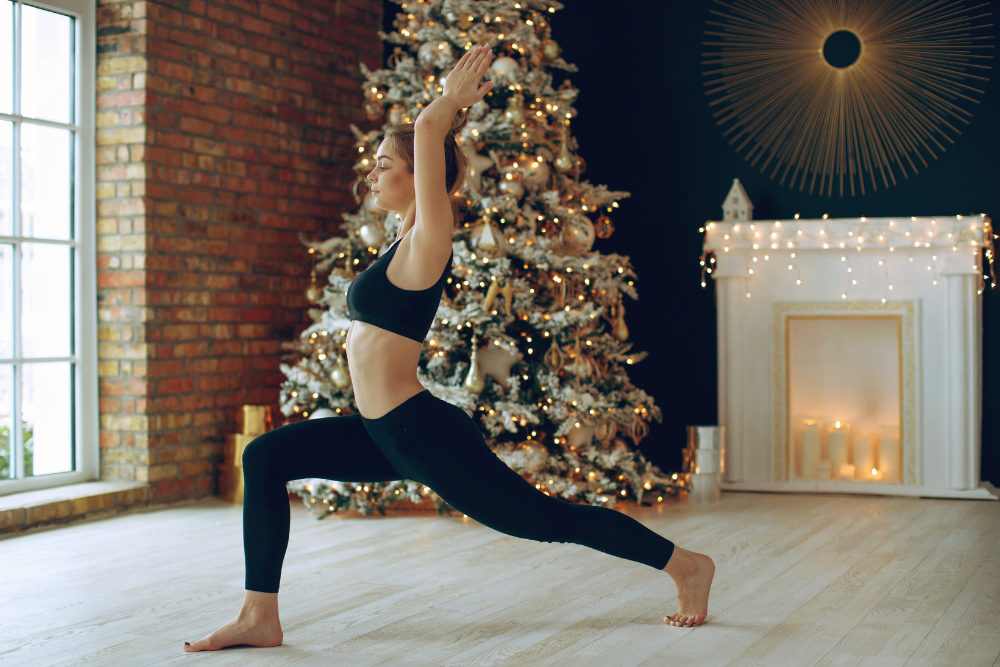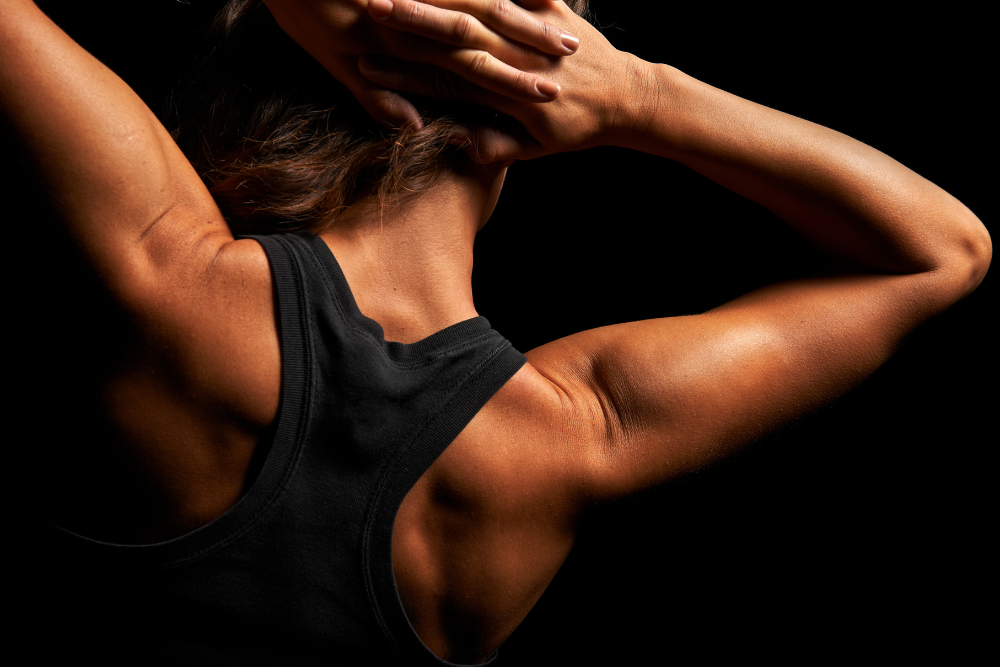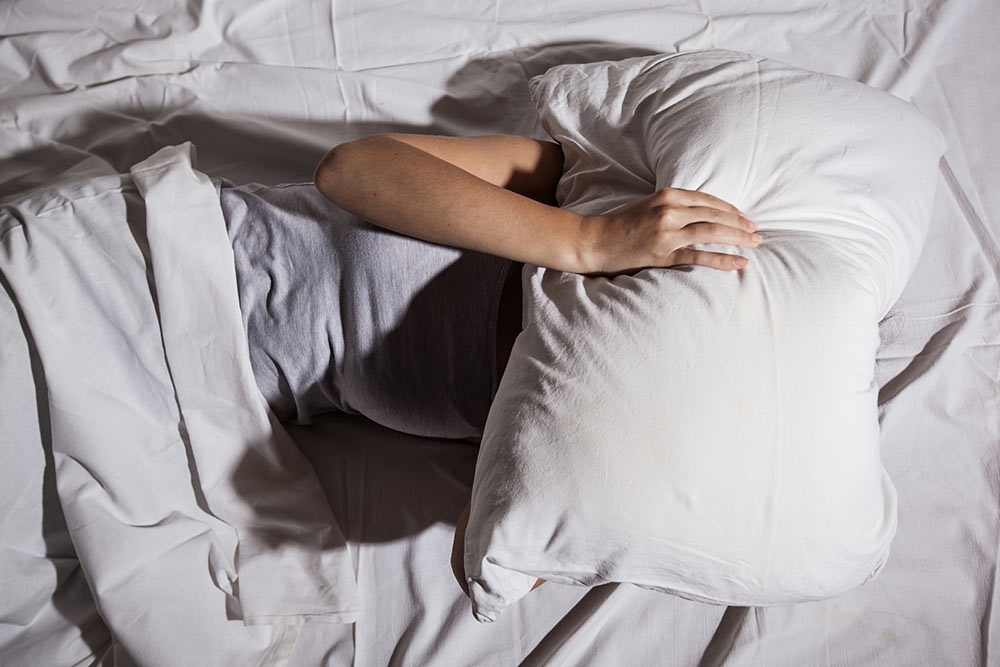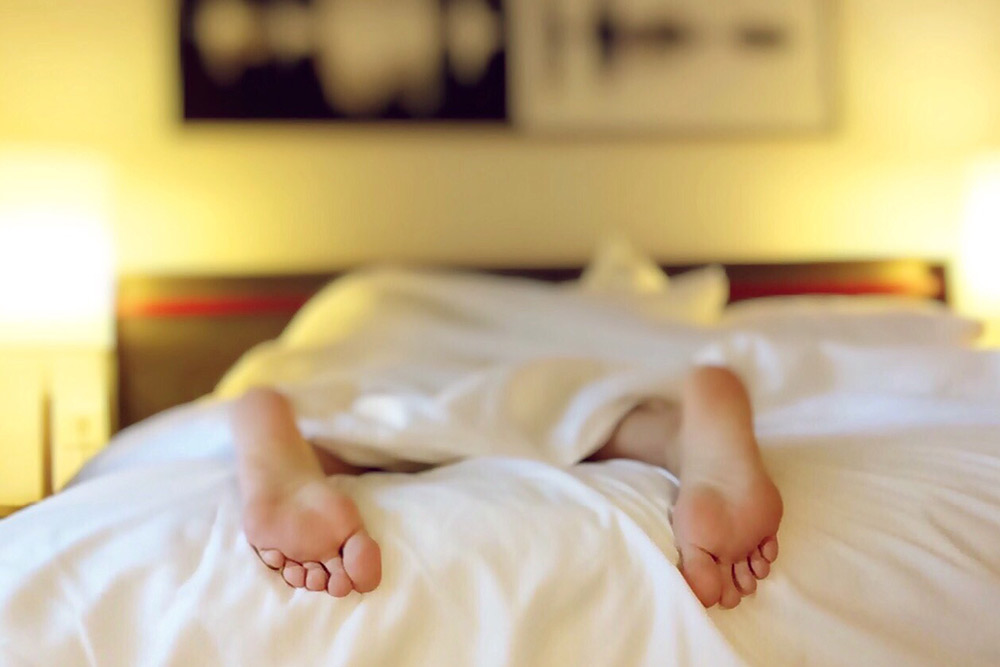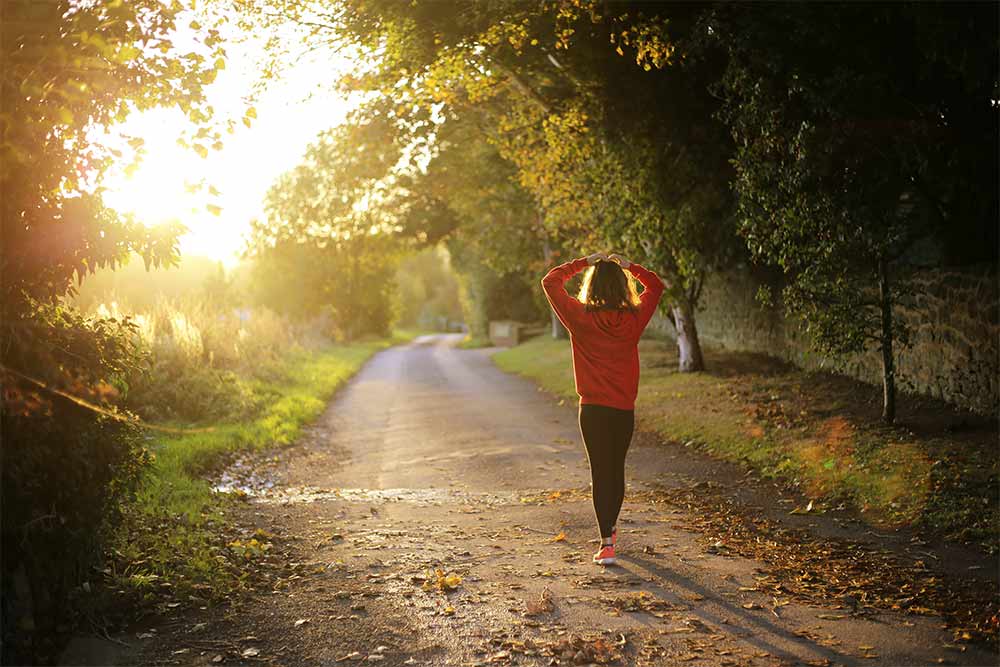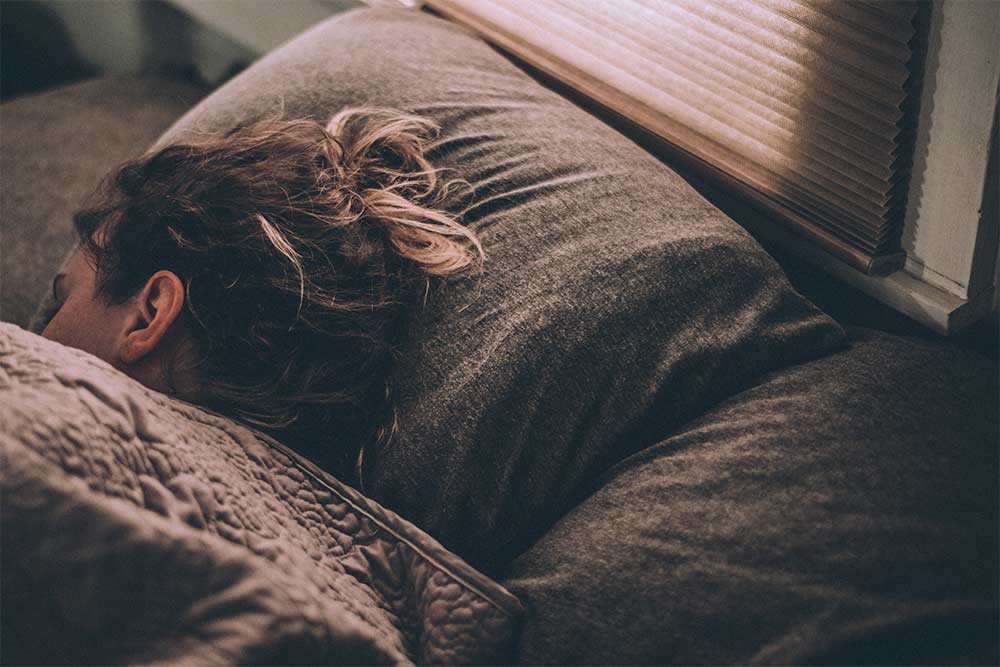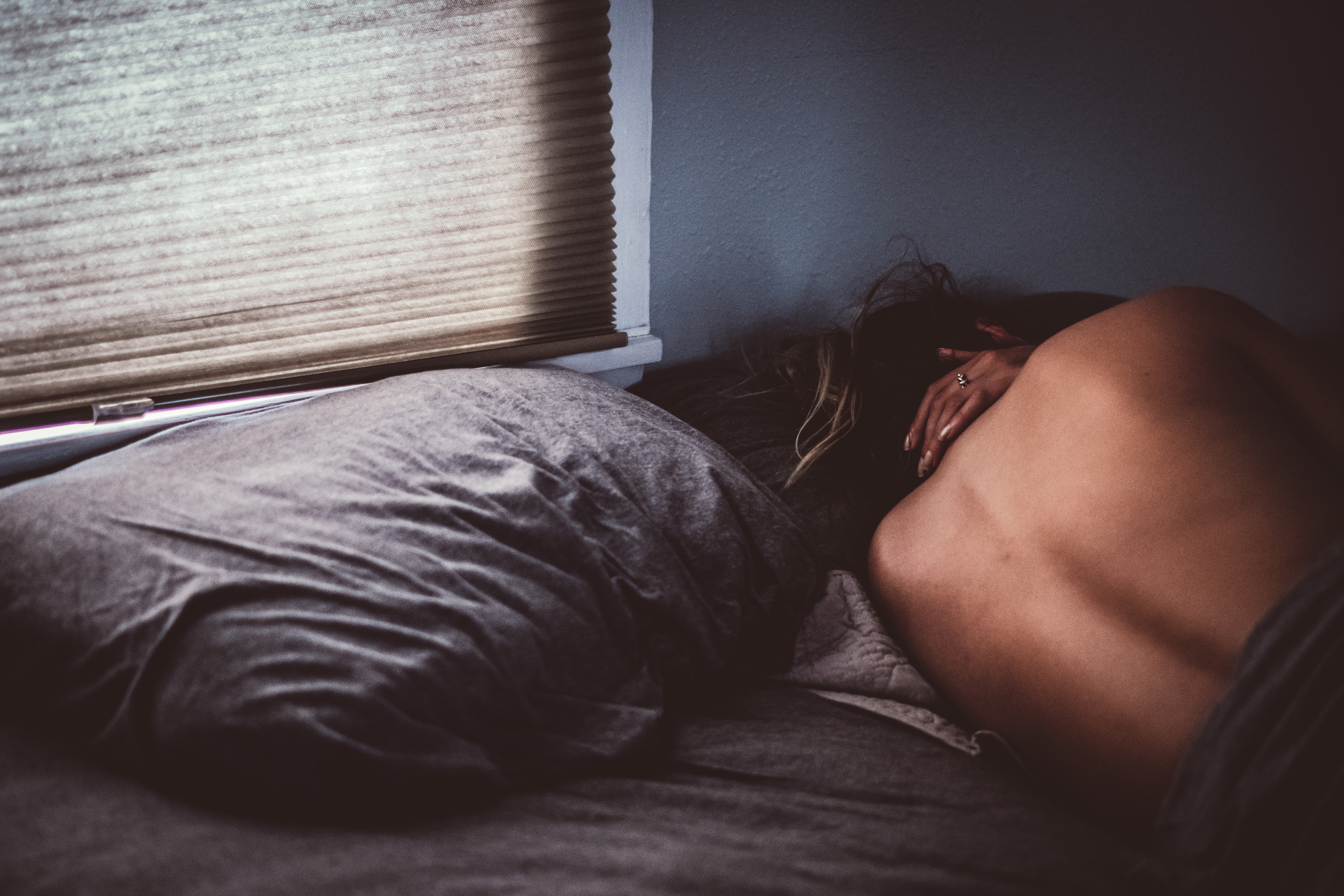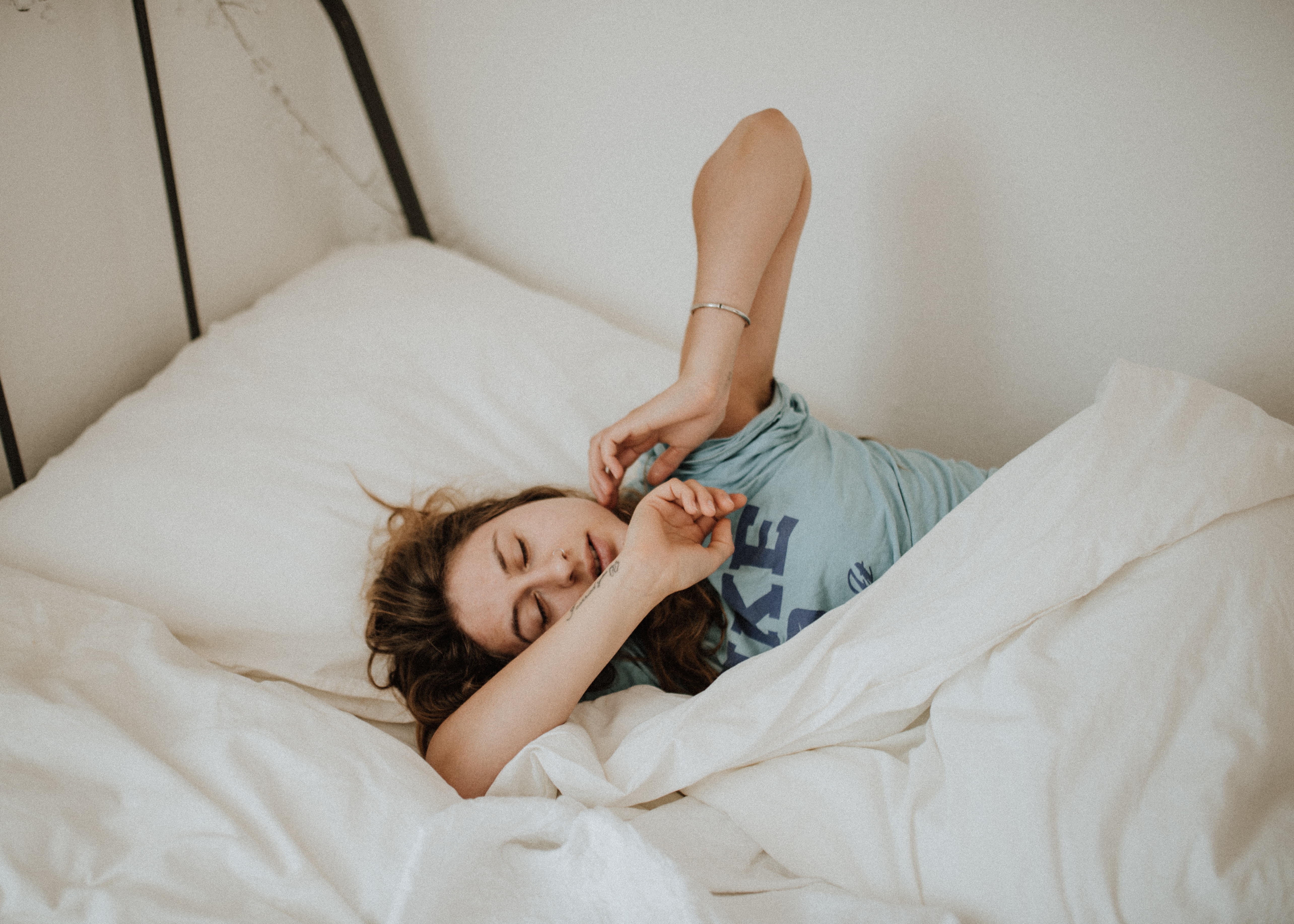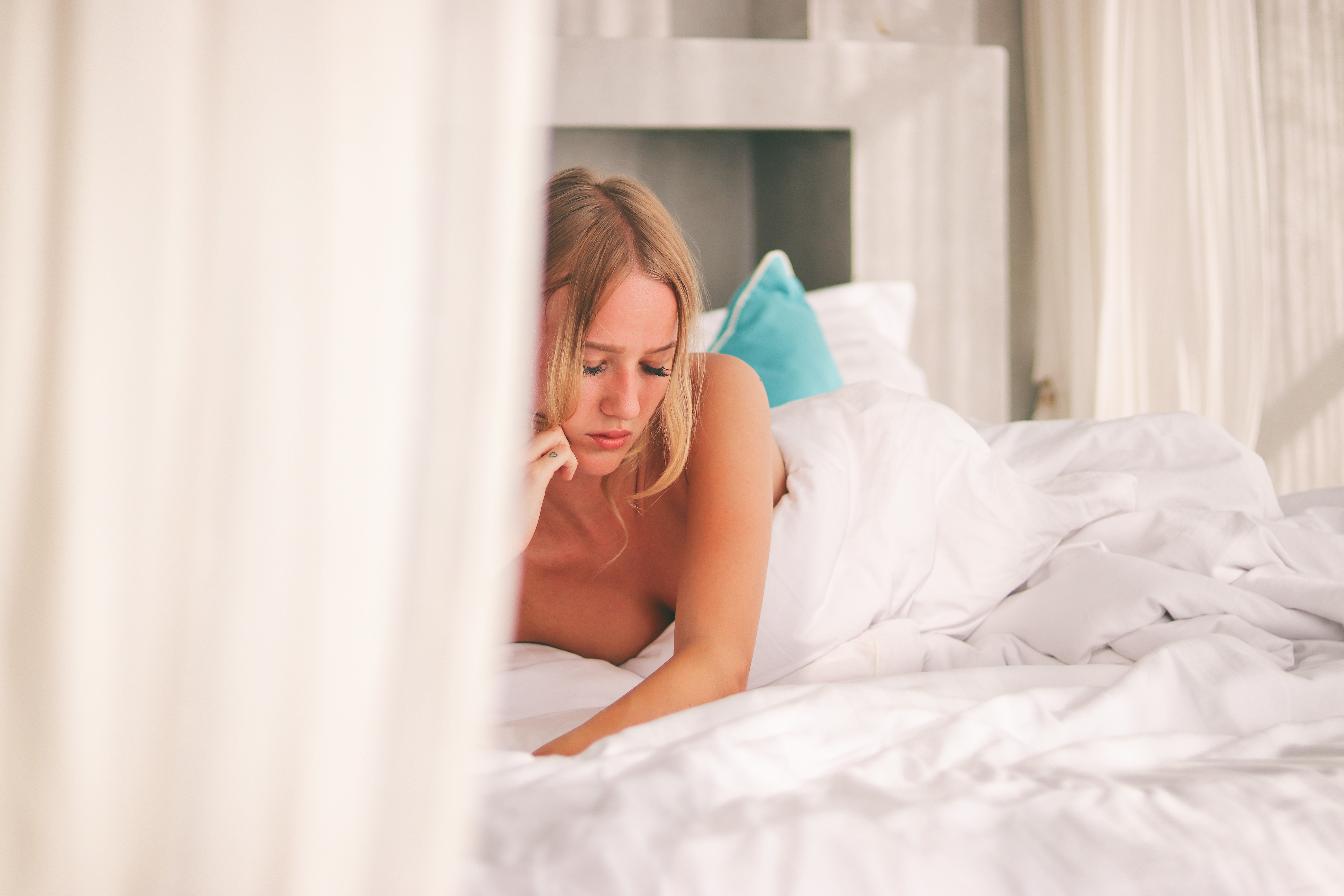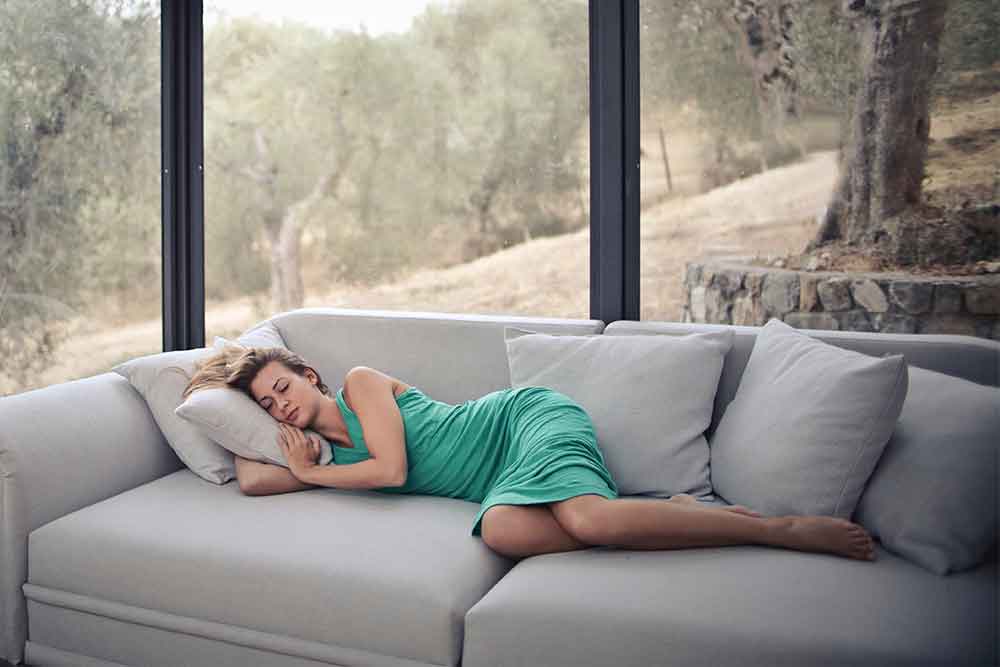4 Ways To Reduce Technology’s Impact On Your Sleep

by Hadley Seward, certified health coach and certified pediatric sleep consultant
-
Limit screen time within two hours of bedtime.
-
Filter the blue light from your devices.
-
Go back to printed books.
-
Expose yourself to lots of natural light during the day.
Sleep is one of the most important indicators of our long-term health. However, most Americans aren’t getting enough of it. In 2011, a survey of 1,508 participants revealed that 60% experienced a sleep problem nearly every night, such as snoring, waking overnight, or unable to fall asleep [1]. As a country, our sleeplessness is increasing–but why?
Related Article: 5 Exercises To Improve Your Sleep
The human body is an intricately controlled organism governed by its circadian rhythm, which ensures that we are awake and alert during the daytime and drowsy or asleep at night. People in past generations rose with the sun and went to bed shortly after it set. With the invention of the lightbulb in 1879, we discovered a way to provide bright light after sundown–creating the long-term effect that our bodies’ circadian rhythms have become slowly out of sync with our environment. While artificial light can somewhat contribute to sleep disorders, the biggest problem today is our increasing use of technology during evening hours. The same 2011 study shows that 95% of participants used some type of electronic device within an hour of bedtime and 67% of baby-boomer participants reported that they watch tv almost every night before bedtime [1].
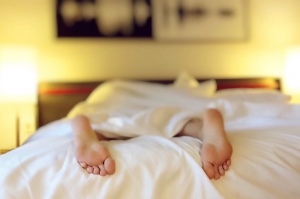
What’s so bad about using devices such as televisions, e-readers, computers, and smartphones at night?
Technology’s impact on your sleep is caused by devices that emit a blue light, which wreaks havoc on our bodies’ ability to sleep. When bright, blue light is perceived by your retinas, it indicates to your brain to become more alert and to suppress melatonin, a hormone that helps to facilitate sleep. During the day, blue light works to your body’s advantage: exposure to daylight boosts your alertness and mood. However, prolonged exposure to blue light at night can trick your body into thinking it’s daytime, making it difficult to fall–and stay–asleep.
Two recent studies prove how deleterious the use of blue light-emitting devices can be to our sleep. A 2014 study found that participants who used e-readers before bedtime took 10 minutes longer to fall asleep and felt significantly less rested upon waking the next day; on the contrary, participants who read a printed book for the same amount of time were not affected [2].
Similarly, in 2013, another team of researchers asked participants to use an iPad for two hours before bed–half of the participants wore goggles that filtered out the blue light; half did not. The study concluded that those not wearing the goggles had noticeably lower levels of melatonin [3].
Related Article: 4 Tips for Balancing Sleep & Exercise
Tips for Reducing Technology’s Impact on Your Sleep
In a perfect world, none of us would expose ourselves to blue light after dark. However, that is not practical for most people–including me! So, short of cutting ourselves off electronically, how can we best combat this problem?
- Limit screen time within two hours of bedtime. Be especially vigilant one hour before going to sleep. This includes televisions, smartphones, tablets, and light-emitting e-readers. If you can’t do this every night, then designate several nights per week that are technology-free.
- Filter the blue light from your devices. There are a variety of apps designed to automatically filter blue light at nighttime. I recommend f.lux for your computer or Twilight for your Android device. Unfortunately, there isn’t one currently approved for Apple products, though rumor has it that a future software update will include this feature.
- Go back to printed books. If you like to read before bed, try to switch to printed books. If you prefer an e-reader, ideally use one that isn’t backlit (such as the older Kindle models). Have an iPad or Kindle Fire? Ensure that the “nighttime” or “blue shade” mode is on at night.
- Expose yourself to lots of natural light during the day, especially after first waking. This will signal to your brain to reset your internal clock and boost your alertness. Keep the lights in your bedroom dim before bedtime.
SEARCH TERMS: sleep, sleep disturbances, technology, screen time, chronobiology, blue light
Related Article: Sleep Series – Ebook Edition
References and Sources
Gradisar, M., et al. The Sleep and Technology Use of Americans: Findings from the National Sleep Foundation’s 2011 Sleep in America Poll. Journal of Clinical Sleep Medicine, 2015. 9(12): pp. 1291–1299.
Chang, A., et al. Evening use of light-emitting eReaders negatively affects sleep, circadian timing, and next-morning alertness. National Academy of Sciences in the United States, 2014. 112(4).
Wood, B., et al. Impact of Self-Luminous Tablet Displays on Evening Melatonin Levels. Applied Ergonomics, 2013. 44(2): pp. 237-240
Anon., Blue light has a dark side. Harvard Medical School’s Harvard Health Letter, 2015,You Might Like:

